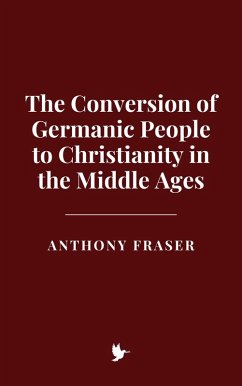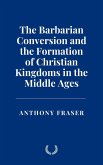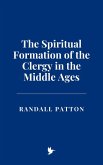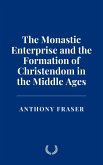In addition to religious conversion, the book delves into the profound impact of Christianity on governance, law, art, and social institutions. It traces how Christian kingship emerged as a unifying force, reshaping the political landscape of Europe, while Christian moral and ethical teachings began to influence the legal systems of the Germanic kingdoms. Monasteries played a central role in both the spread of Christianity and the preservation of classical knowledge, acting as centers of education, charity, and artistic production. The book also explores the syncretism that characterized the Christianization process, where pagan traditions were integrated with Christian practices, making the transition less disruptive and more culturally coherent for the Germanic peoples.
Through a thorough analysis of primary sources, such as the Royal Frankish Annals, Vita Sancti Galli, and the Visigothic Code, the book provides a nuanced understanding of how Christianity reshaped the Germanic world. The book concludes by reflecting on the lasting legacy of the Christianization of the Germanic peoples, particularly in the formation of medieval Christian Europe and the development of Western civilization.
Dieser Download kann aus rechtlichen Gründen nur mit Rechnungsadresse in A, B, CY, CZ, D, DK, EW, E, FIN, F, GR, H, IRL, I, LT, L, LR, M, NL, PL, P, R, S, SLO, SK ausgeliefert werden.









